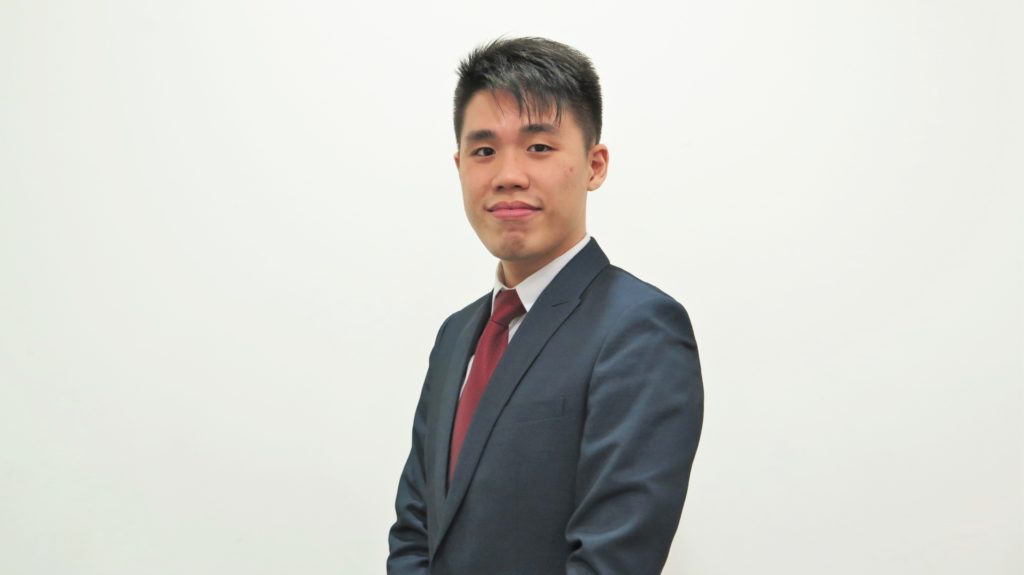Once, he met a teenager who was so “loud and disruptive” in class that his first reaction was to “control him”.
But that changed when Mr Kenneth Tan realised the boy was just trying to get the attention he was not receiving at home.
The former intern at Trybe Limited, a non-profit organisation that focuses on youth mentoring said: “When I first met that youth, my first reaction was ‘how to control him?’
“But it was only after one and a half months of interacting with him that I realised he merely wanted people to care about him.

Prior to that, Mr Tan admitted that he never knew that there were so many troubled and underprivileged youths.
But that incident intrigued him so much that he decided to continue to pursue developing youths as his career.
Currently an assistant manager in charge of international affairs at the National Youth Council (NYC), he hopes to provide youths with overseas opportunities to see the world and help them find their passions.
The 25-year-old who now has more than four years of experience in mentoring youths said: “Youth is a time of the life when one decides where his or her life goes.
“Having volunteered for more than four years where I’ve met countless youths, I felt that there are many of them out there who require support and guidance, and thus it is important to create platforms that widen their horizons and lend that helping hand.”
But this mission of his is definitely not a walk in the park.
In his current job, there were instances where he faced miscommunications with his foreign counterparts.
He said: “Because of the difference in cultures and interpretation, it is therefore important to do my research well and be mindful in my speech when communicating with them.”
The next huge challenge was to learn to empathise and understand youths’ needs.
“I was unable to put myself in their shoes and provide suitable advice as I was never placed in those situations,” shared Mr Tan, who is also a volunteer at Youth Corps Singapore.
“But I slowly overcame it by sharing with the youths stories I’ve heard and encouraged them from there.”
On top of that, social stratification is also another issue that has been becoming more apparent in recent years.

In February this year, several Cabinet Ministers and other Members of Parliament, including Prime Minister Lee Hsien Loong warned and highlighted this institutionalised system of social inequality which is starting to take root.
Mr Tan has seen this phenomenon playing out since a few years ago when he was working as a part-time facilitator for community trails.
He said: “Many of the youths I’ve met were brought up in well-to-do families and thus were unable to empathise with those in a less privileged situation.”
Citing an example, he shared that he brought some youths to a one-room flat in Toa Payoh where a lot of elderlies reside.
The situation came as a rude shock to the youths.
“They were extremely surprised that some elderly don’t have families to go back to or that some were abandoned by their own children.”
Hoping that this kind of mindset would change, Mr Tan see the need to put in more effort when engaging with the youths so that they can better understand and not always view things from rose-tinted glasses.

Formerly a Singapore Institute of Management-University of London student, Mr Tan said his major, International Relations (IR), has equipped him with the ability to view things from a macro perspective and assisted in his engagement with the youths.
“After going through the IR course, I felt it was important to let the youths understand the bigger picture and that everything happens for a reason.
“Instead of asking why some things happen a certain way, the question should be what is the context behind the issue, and how that leads to the current situation.”



